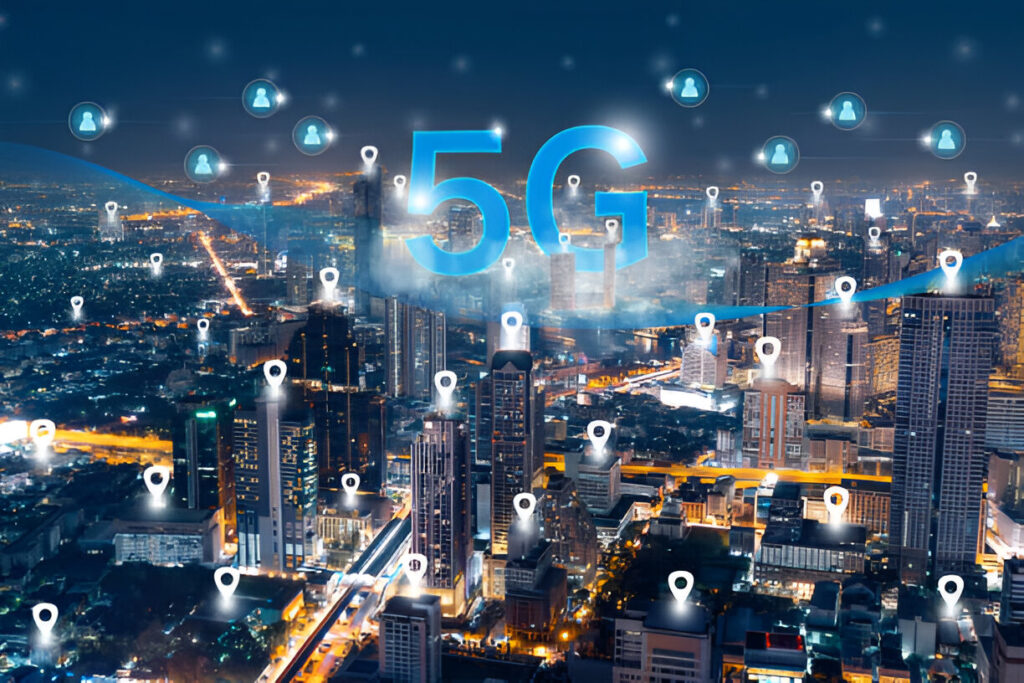The advent of 5G technology marks a significant milestone in the evolution of connectivity, promising faster speeds, lower latency, and unprecedented innovation opportunities. For businesses, 5G opens up new avenues for growth, efficiency, and technological integration. Below, we explore the key 5G tech trends that will shape the future of business.
Enhanced Connectivity and Speed
One of the most significant impacts of 5G technology is the boost in internet speed and connectivity. Businesses will benefit from lightning-fast data transfer, enabling quicker transactions, real-time data analytics, and seamless communication. The reduced latency of 5G will enhance everything from cloud services to teleconferencing, ensuring smoother operations and faster decision-making.
Internet of Things (IoT) Expansion
The Internet of Things (IoT) is expected to thrive with the help of 5G, connecting more devices and systems than ever before. Businesses in sectors such as manufacturing, healthcare, and retail can harness IoT for automation, real-time monitoring, and predictive maintenance. The ability to interlink a massive number of devices will allow businesses to optimize operations and improve customer experiences through smart technologies.
Improved Remote Work and Collaboration
The shift to remote work has accelerated the need for reliable and fast communication tools. With 5G, businesses can provide employees with enhanced tools for video conferencing, data sharing, and collaboration. Remote work environments will see a significant improvement in quality and efficiency, breaking down geographical barriers and facilitating seamless collaboration between teams spread across different regions.
Revolutionizing Supply Chain and Logistics
5G will play a pivotal role in transforming supply chains by enabling better tracking, automation, and real-time data management. Companies can use 5G-powered sensors and AI systems to monitor inventory levels, optimize delivery routes, and improve overall supply chain transparency. As businesses move toward smarter supply chains, they will become more agile and resilient in responding to market demands.
Enhanced Customer Experiences with AR and VR
Augmented reality (AR) and virtual reality (VR) are poised to become mainstream in various industries, from retail to real estate. With 5G, businesses can offer more immersive customer experiences by leveraging AR and VR technologies in real-time. Retailers can use virtual fitting rooms, while real estate agents can provide virtual property tours. These interactive experiences will revolutionize customer engagement, offering personalized services that were previously unimaginable.
Conclusion
5G technology is set to revolutionize the way businesses operate, from enhanced connectivity to real-time automation and immersive customer experiences. By embracing these 5G tech trends, businesses can stay ahead of the curve, driving innovation and creating new opportunities for growth in the digital age. The future of business lies in the ability to leverage these advancements to their full potential.



